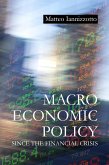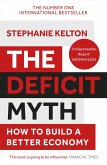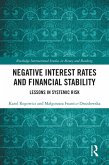An essential primer on an important yet understudied type of financial market Many of the largest financial markets in the world do not organize trade through an exchange but rather operate within a decentralized or over-the-counter (OTC) structure. Understanding how these markets work has become increasingly important in recent years, as illiquidity in certain OTC markets has appeared as the first signs of trouble-if not the cause itself-of the past two financial crises. However, standard models of financial markets are not suitable for studying the causes of illiquidity in OTC markets, nor the optimal policy response. The Economics of Over-the-Counter Markets proposes a unified search-theoretic framework designed to explicitly capture the key features of OTC markets, confront the growing set of stylized facts from these markets, and provide guidance for policies designed to promote liquidity and resiliency. This incisive book covers empirical regularities that are common across OTC markets, develops the methodological tools to analyze the benchmark theoretical models in the academic literature, and extends these models to confront the latest issues facing these markets.
- Covers a broad range of topics, including asset pricing, liquidity, transaction costs, asymmetric information, financial crises, and market design
- An ideal textbook for graduate students in economics and finance
- An invaluable resource for policymakers seeking a framework to assess the impact of new developments in fixed-income and short-term funding markets
Dieser Download kann aus rechtlichen Gründen nur mit Rechnungsadresse in A, D ausgeliefert werden.









